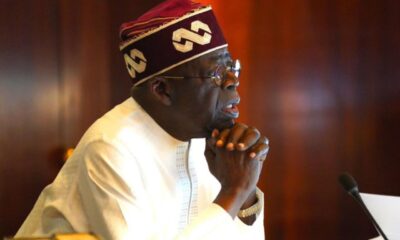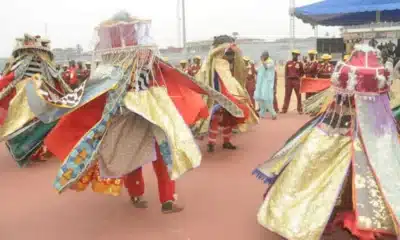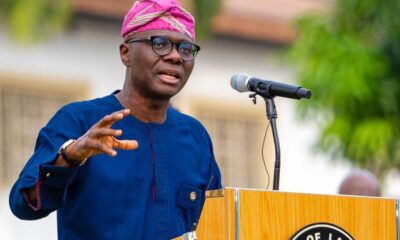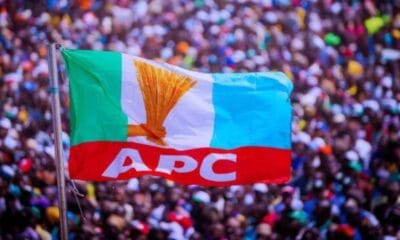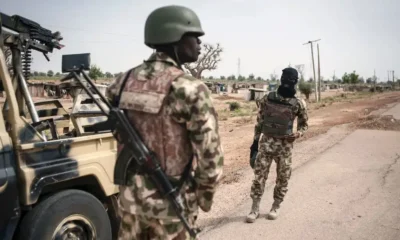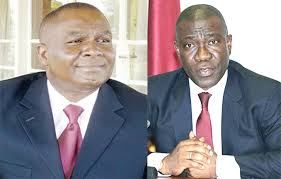Breaking News
State Governors, Monarchs Meet in Lagos
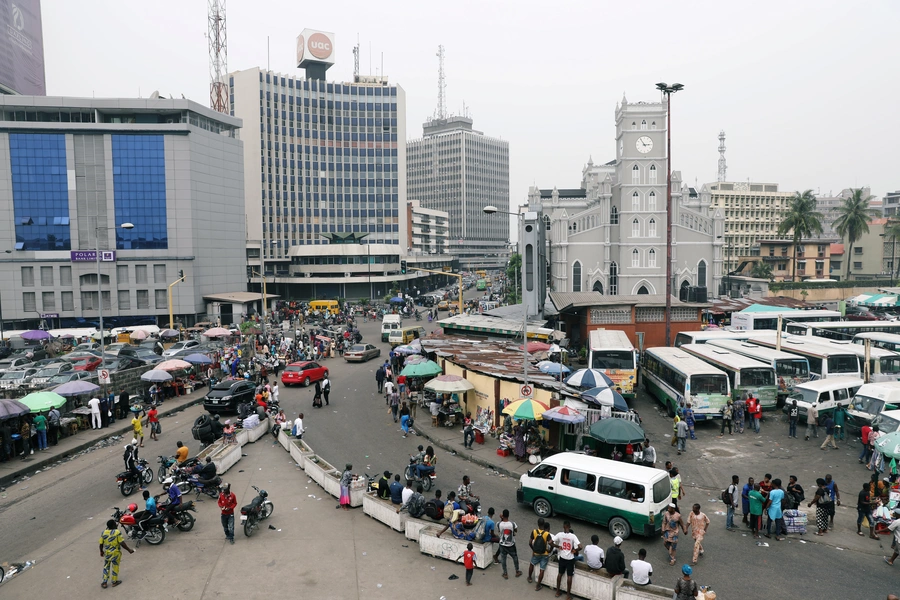
No fewer than 10 state governors joined Nigeria’s most revered monarchs in Lagos on Monday for the National Executive Committee meeting of the National Council of Traditional Rulers of Nigeria (NCTRN), a high-level dialogue focused on the future of the traditional institution and its place in the country’s governance system.
The meeting, themed “The Traditional Institution: The Imperative of Its Inclusion in Effective and Efficient Governance in Nigeria,” brought together royal fathers, political leaders, and policymakers to discuss how traditional leadership can contribute to addressing Nigeria’s governance and security challenges.
The NCTRN, co-chaired by the Sultan of Sokoto, Alhaji Muhammad Sa’ad Abubakar, and the Ooni of Ife, Oba Enitan Adeyeye Ogunwusi, comprises leading first-class monarchs from across the federation.
The two foremost royal fathers jointly presided over the session, which was attended by prominent traditional rulers, including emirs, obas, and chiefs representing various geo-political zones.
The council, established to strengthen collaboration between traditional institutions and modern governance structures, has often advocated for a constitutional role for traditional rulers in maintaining peace, promoting unity, and resolving conflicts within communities.
President Bola Ahmed Tinubu was represented at the event by Imo State Governor and Chairman of the Progressive Governors’ Forum, Senator Hope Uzodinma, who delivered the President’s goodwill message.
Tinubu, through his representative, emphasised that the traditional institution remains “a critical component of Nigeria’s social fabric and governance system” and that his administration is committed to deepening collaboration with traditional rulers for sustainable development.
“Our royal fathers are the closest to the grassroots. Their inclusion in governance is vital for peace, security, and effective policy implementation,” the President noted in his message.
The meeting drew a strong turnout from the political class, with Chairman of the Nigerian Governors’ Forum, Kwara State Governor AbdulRahman AbdulRazaq, also in attendance.
Other governors present included Usman Ododo of Kogi, Dikko Umar Radda of Katsina, Nasir Idris of Kebbi, Aliyu Ahmed of Sokoto, Mai Mala Buni of Yobe, Bassey Otu of Cross River, Monday Okpebholo of Edo, and Abiodun Oyebanji of Ekiti.
Their presence underscored the growing recognition of the role traditional rulers play in fostering grassroots governance, social cohesion, and cultural preservation.
During the session, participants discussed the need to institutionalise traditional leadership within Nigeria’s democratic framework, arguing that the monarchy has historically been a stabilising force in times of political and social unrest.
Speakers called for a defined constitutional role for royal fathers to complement state institutions, especially in areas of security, conflict mediation, and community development.
The Sultan of Sokoto, in his remarks, reaffirmed the council’s commitment to “working hand in hand with the government to achieve peace and progress in Nigeria.”
Similarly, the Ooni of Ife stressed the importance of “recognising traditional rulers as active stakeholders in governance rather than ceremonial figures.”
As discussions progressed, several governors lauded the NCTRN for fostering unity among Nigeria’s diverse ethnic and cultural groups.
They pledged to deepen collaboration with royal fathers at the state level, noting that traditional rulers remain vital partners in addressing insecurity, communal conflicts, and rural development challenges.
The meeting is expected to produce a communiqué outlining recommendations for enhancing the participation of traditional institutions in governance and promoting stronger partnerships between federal and state authorities and Nigeria’s royal hierarchy.

